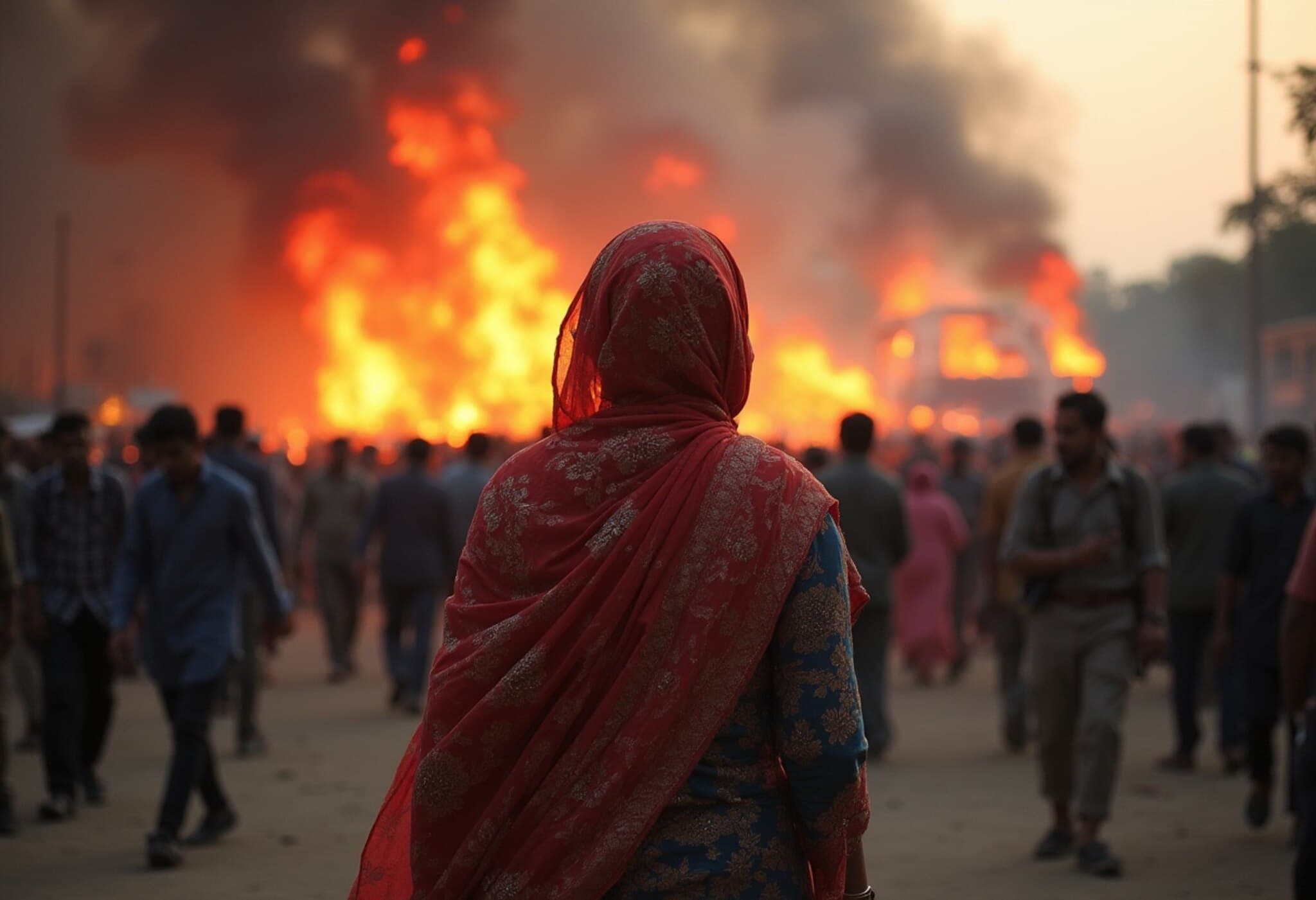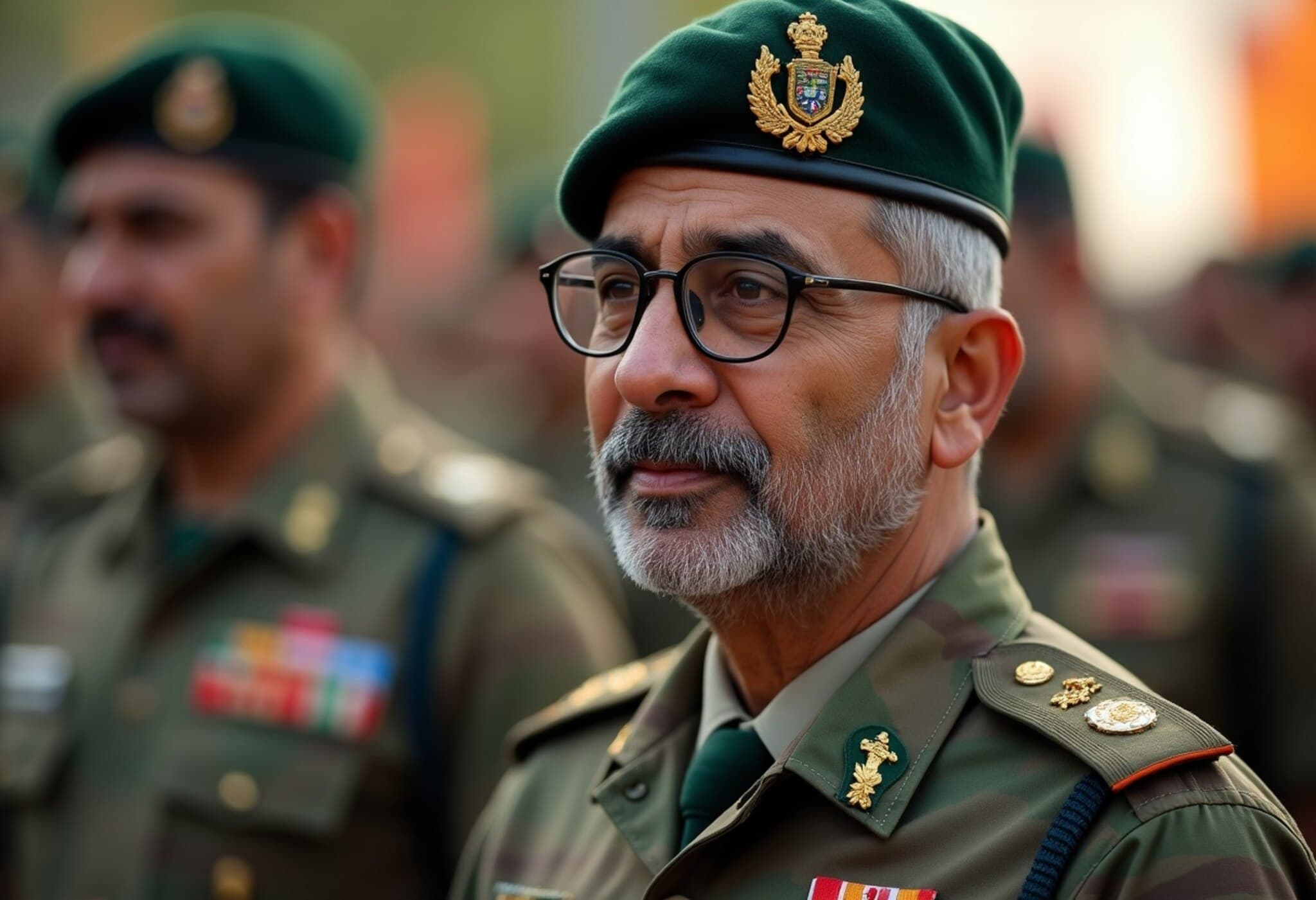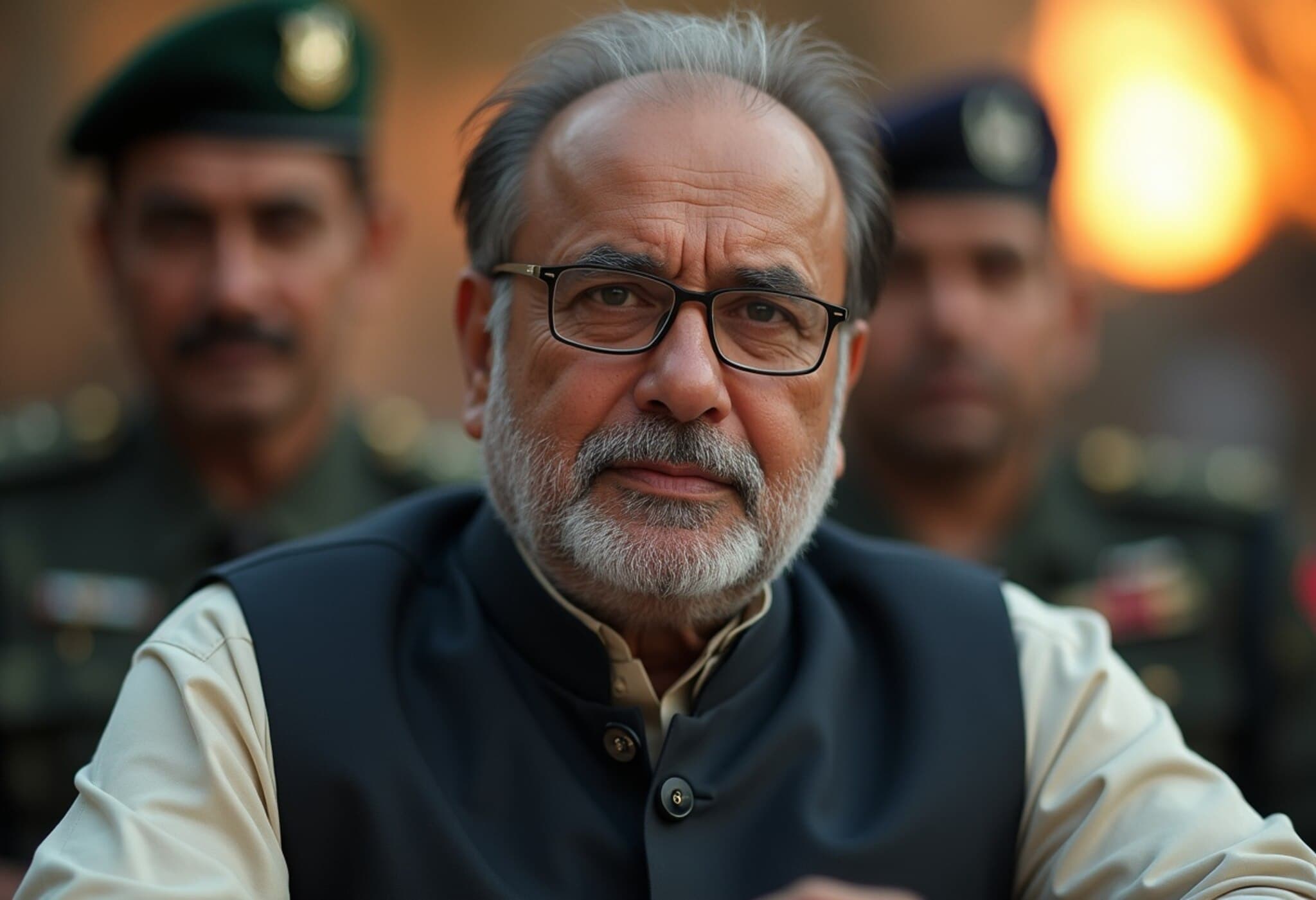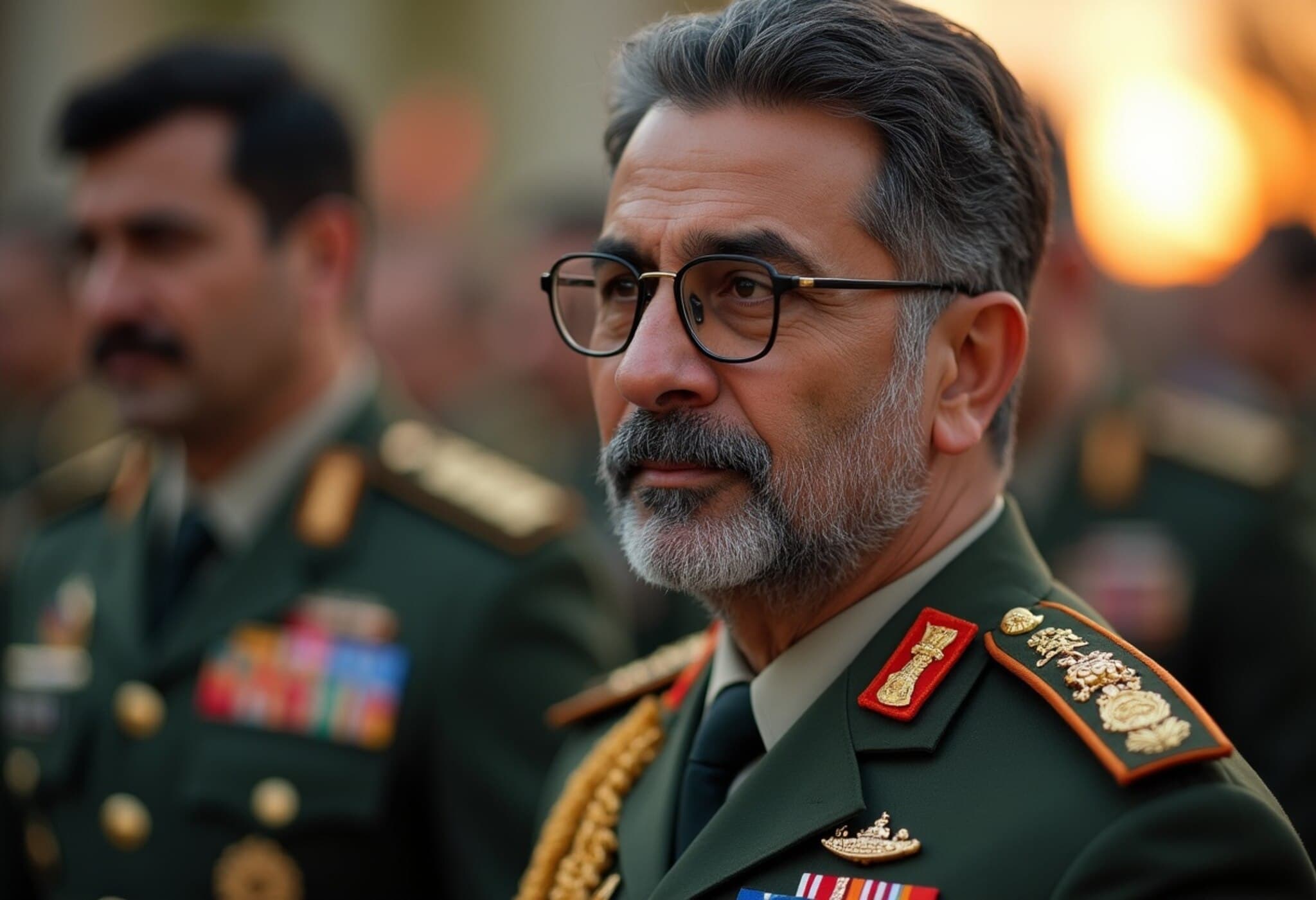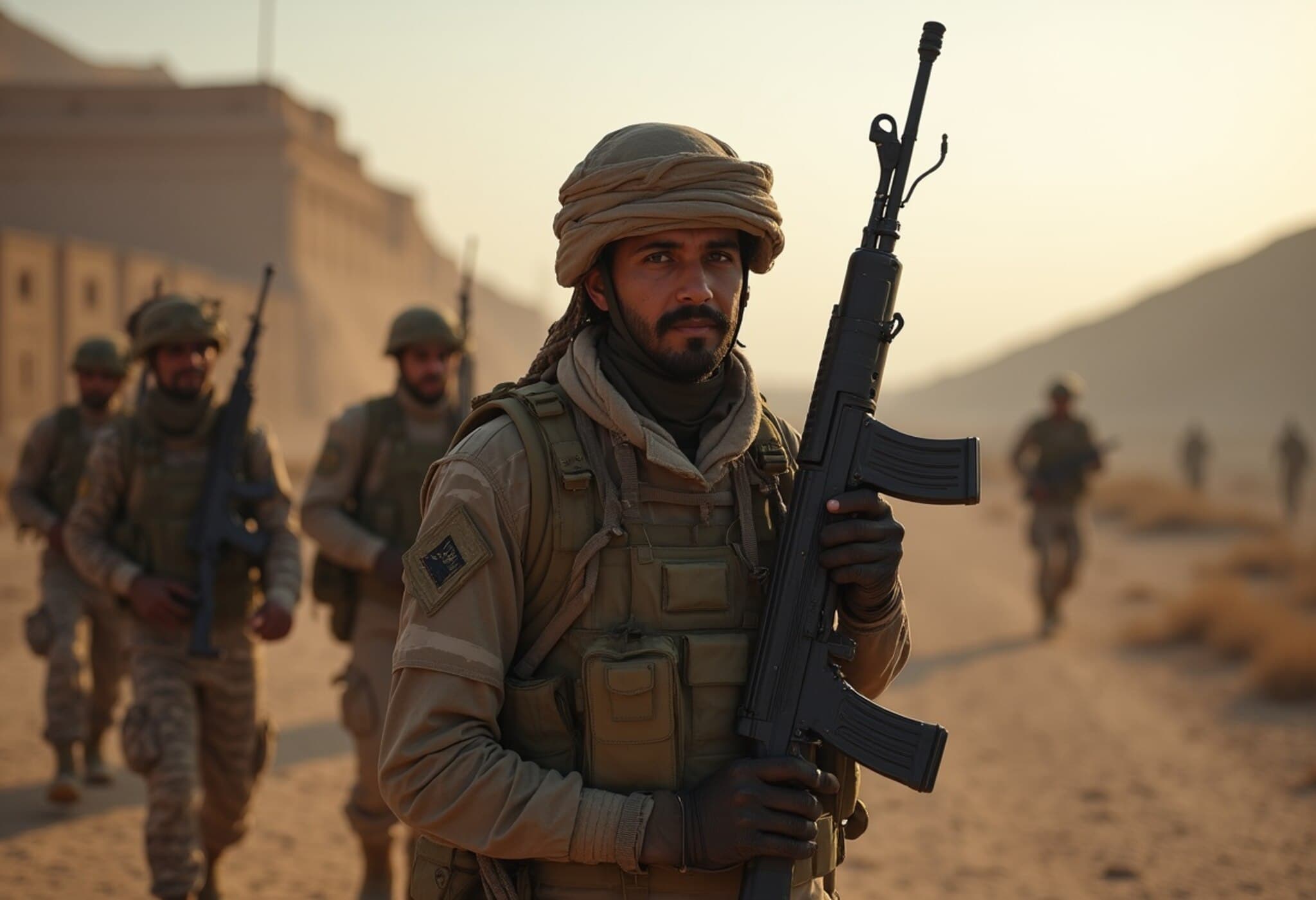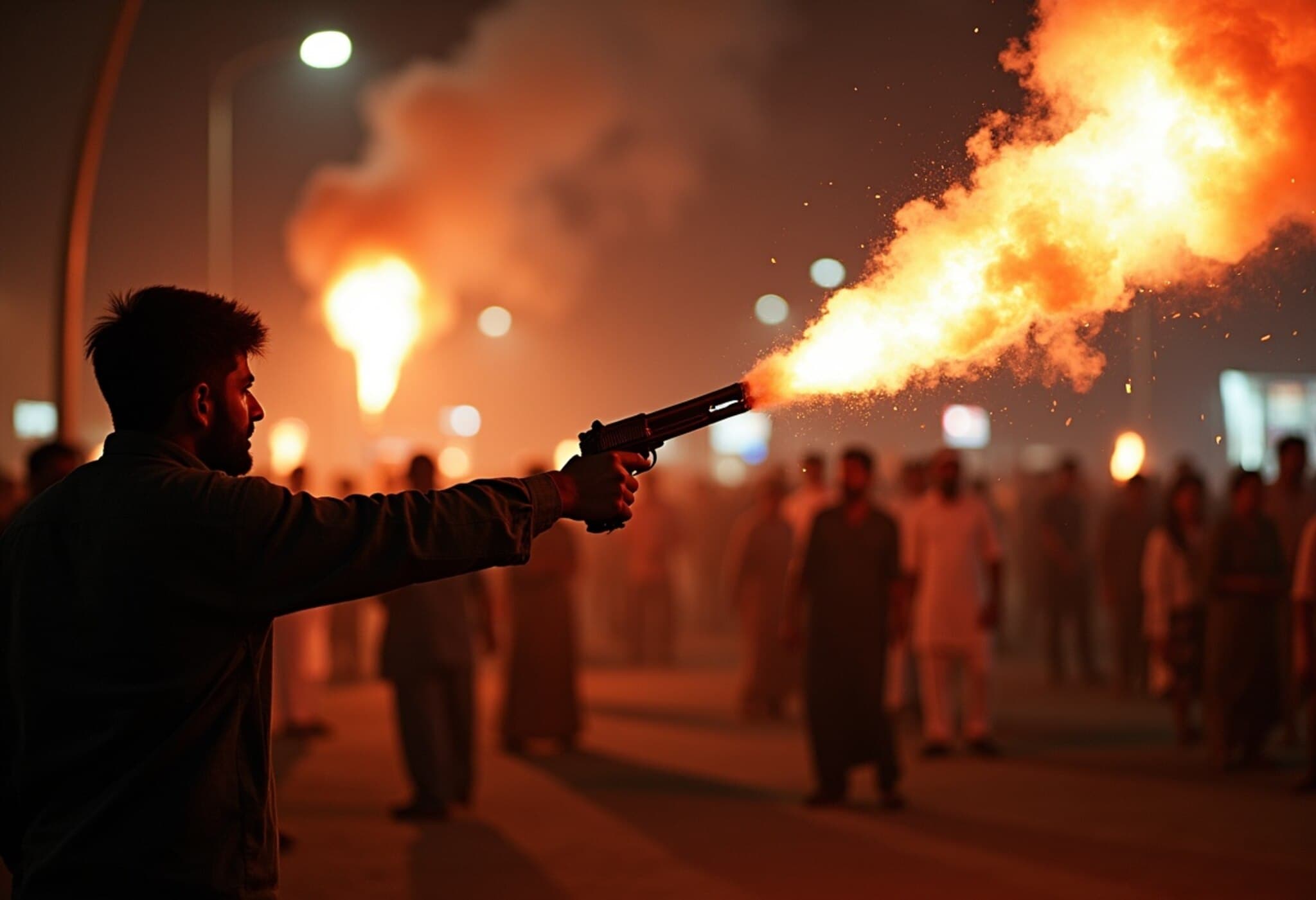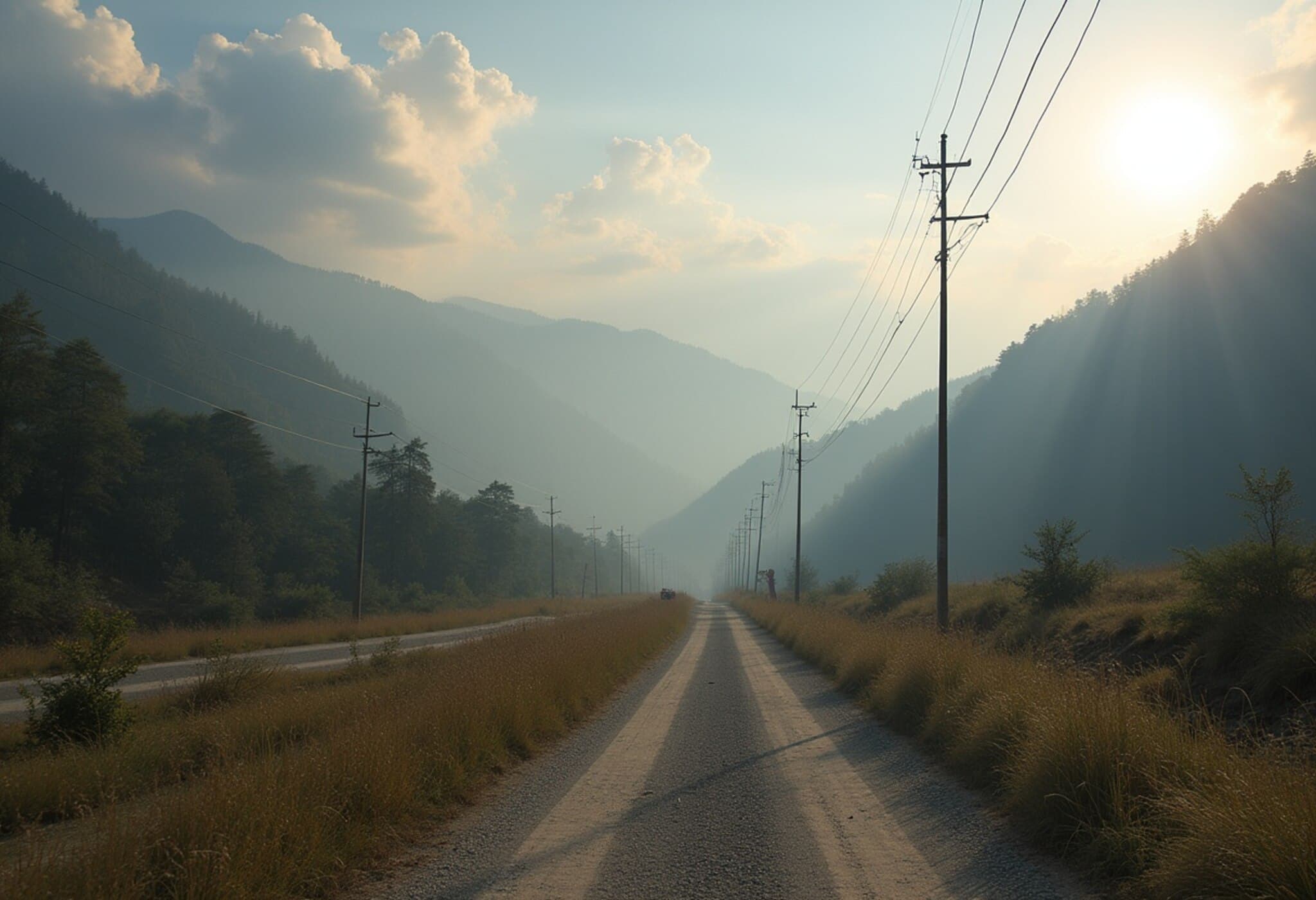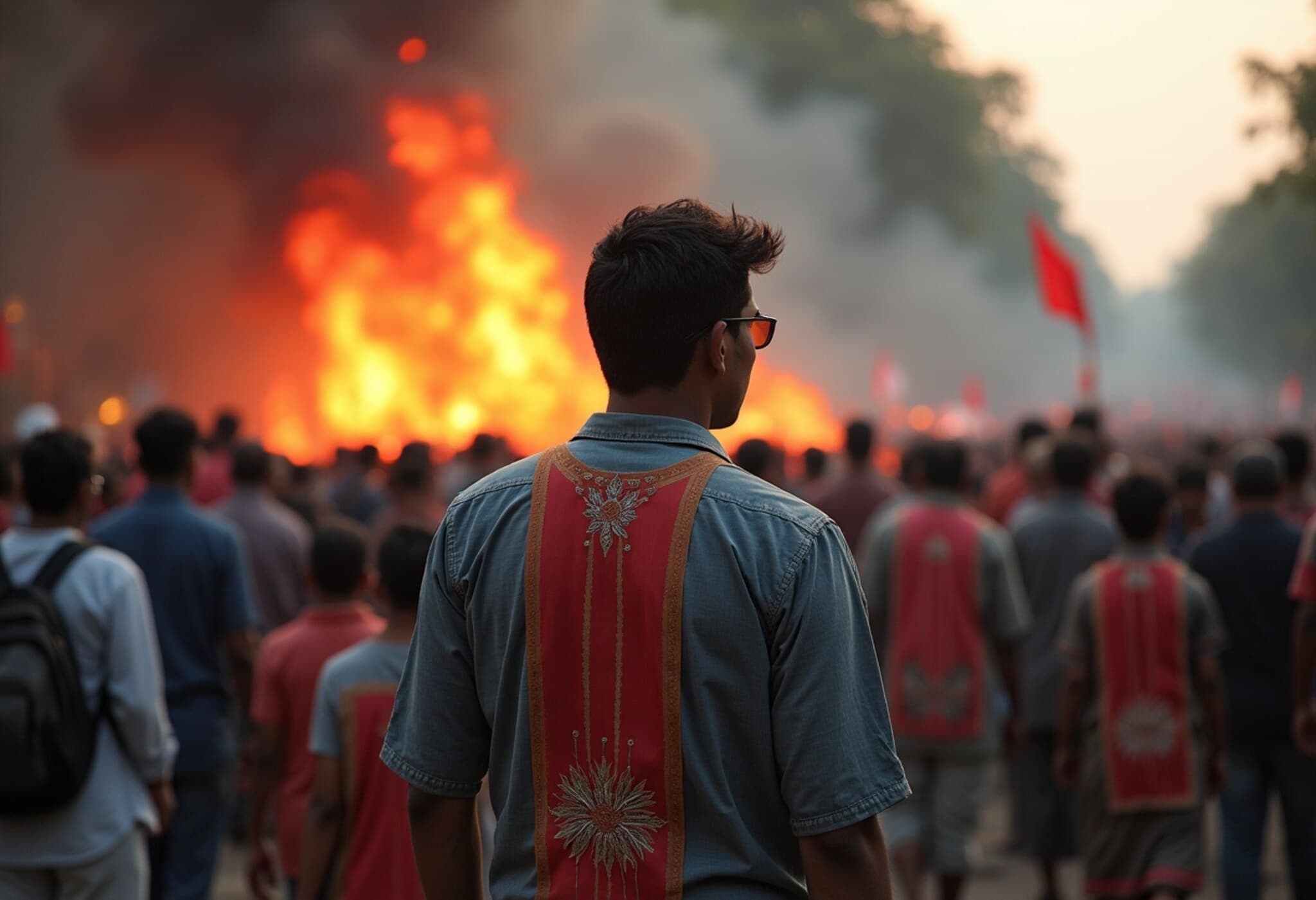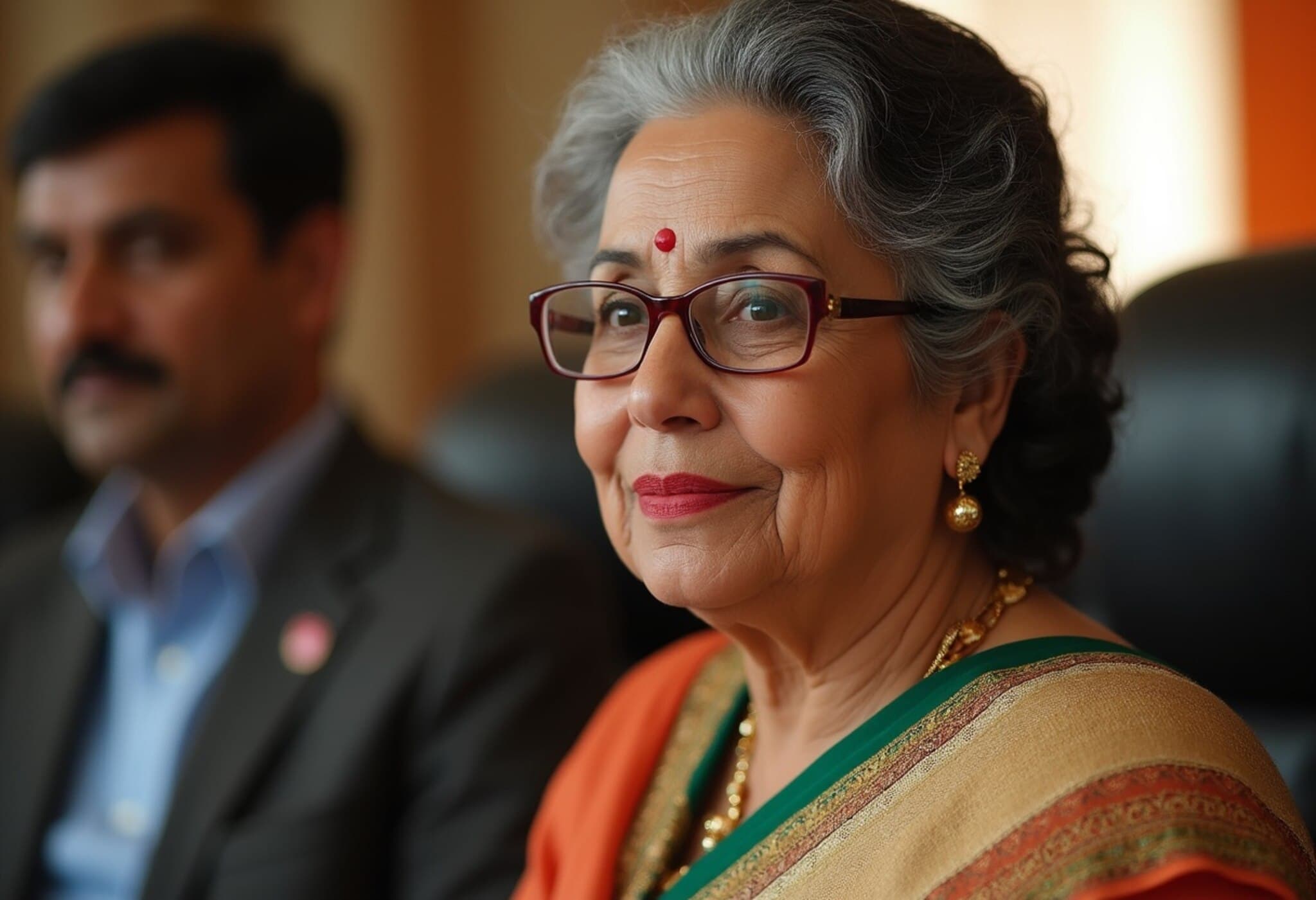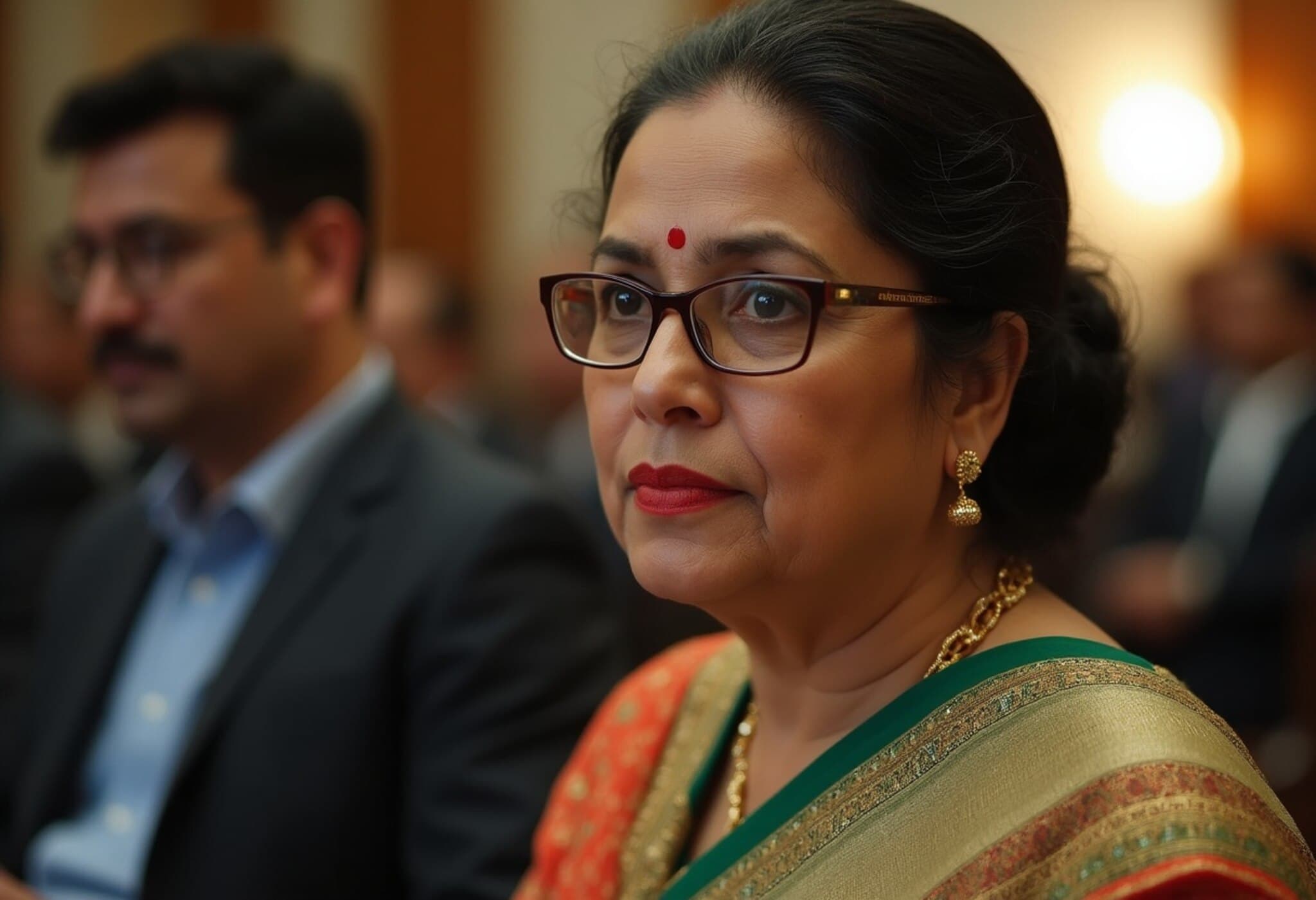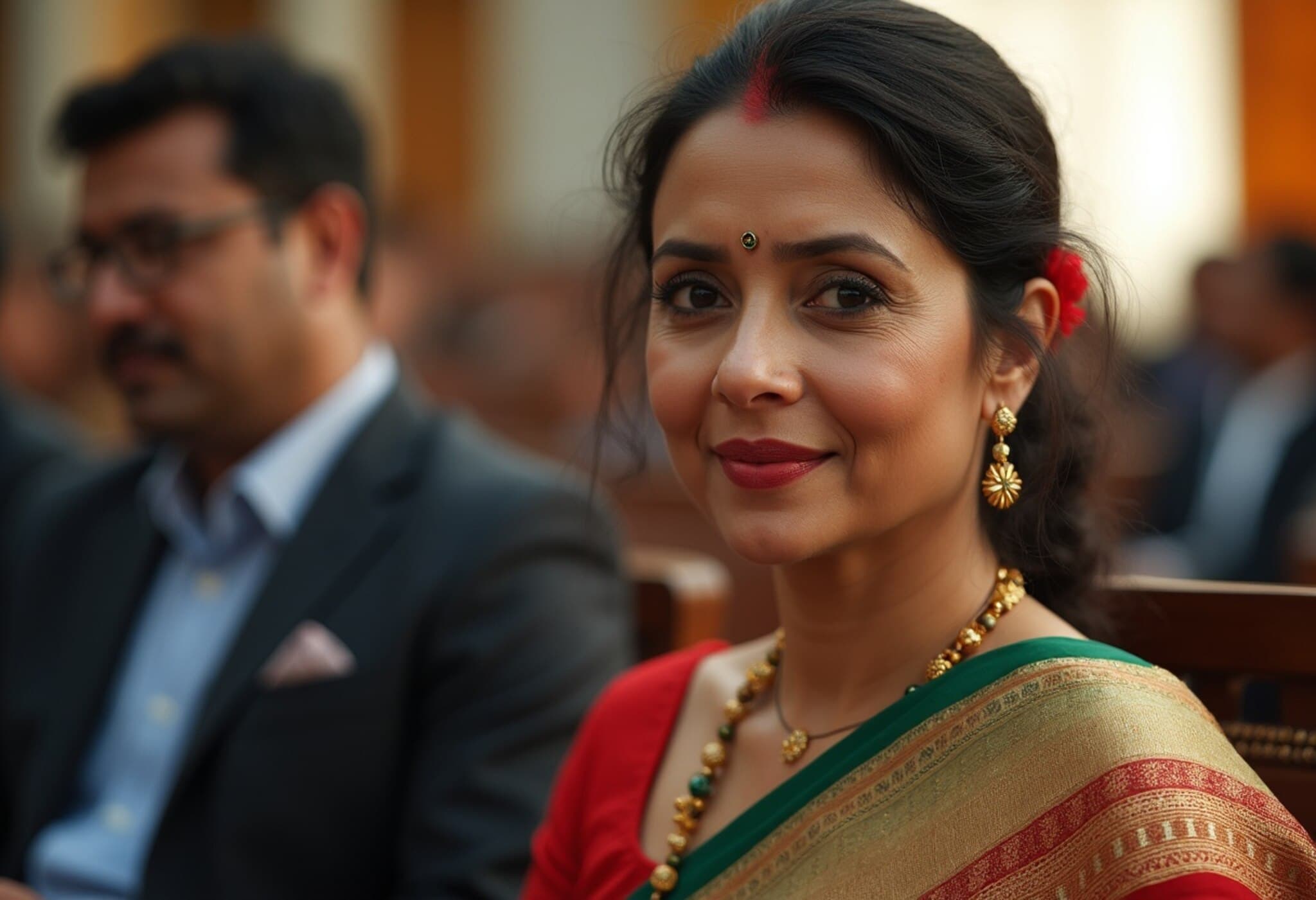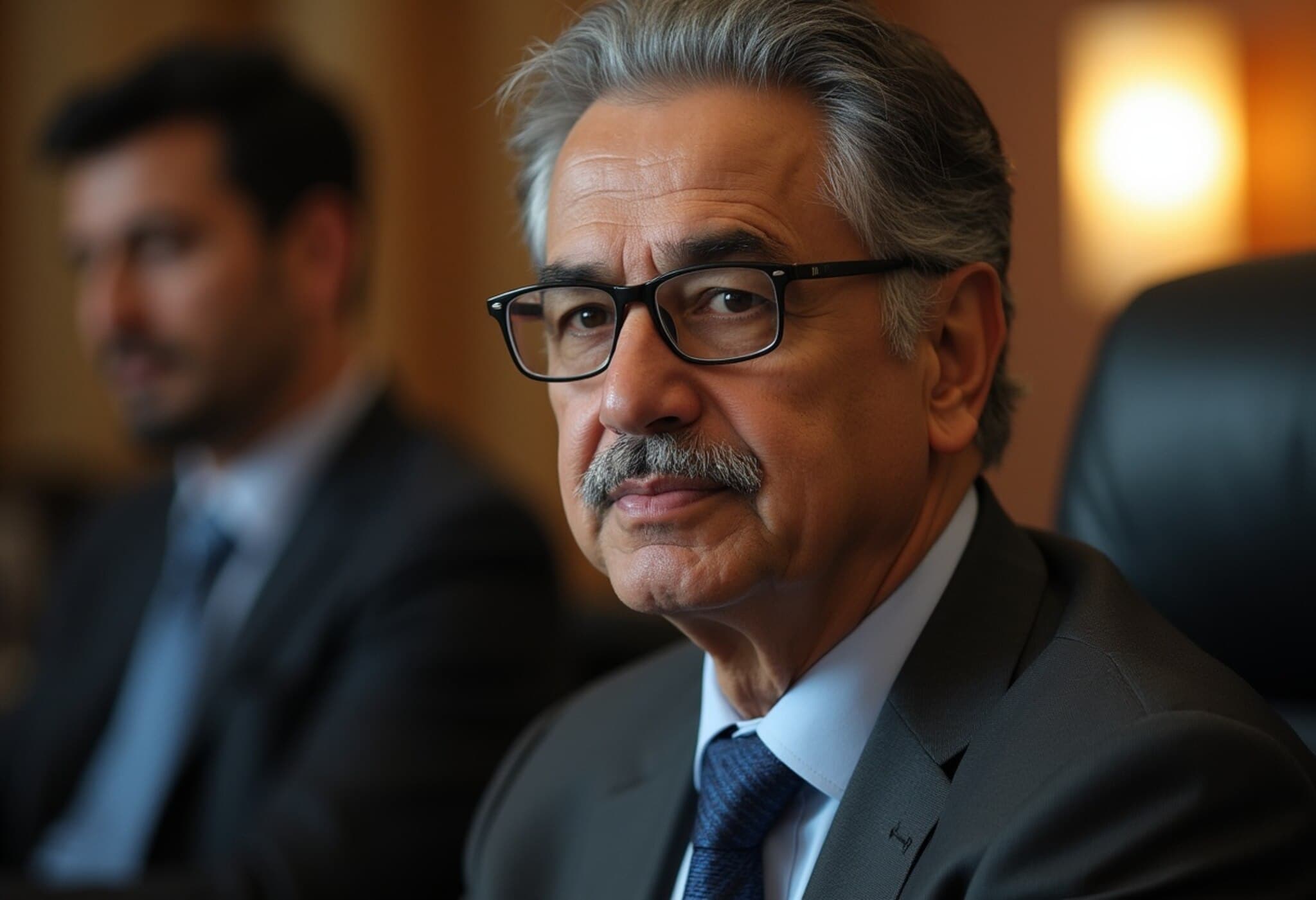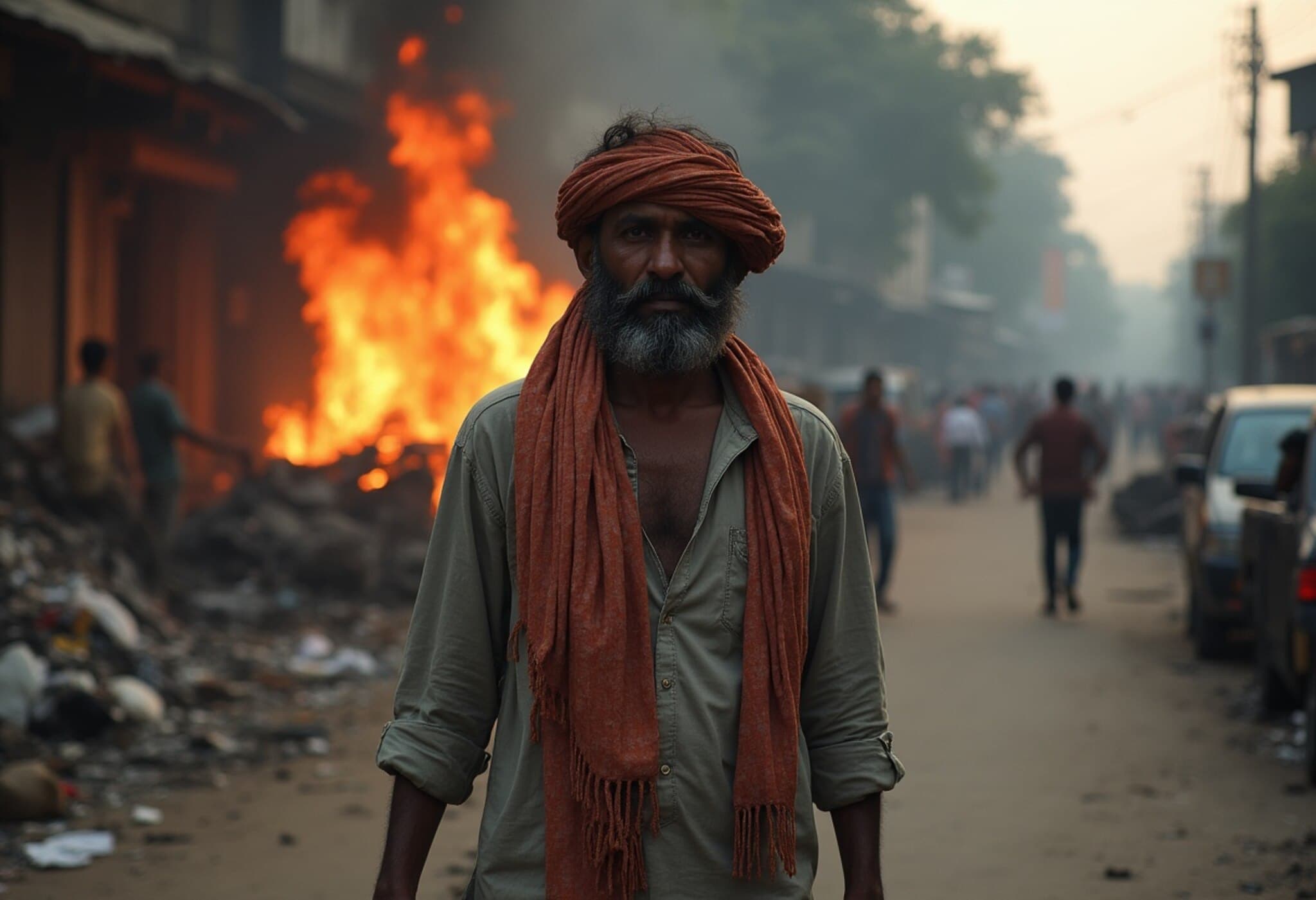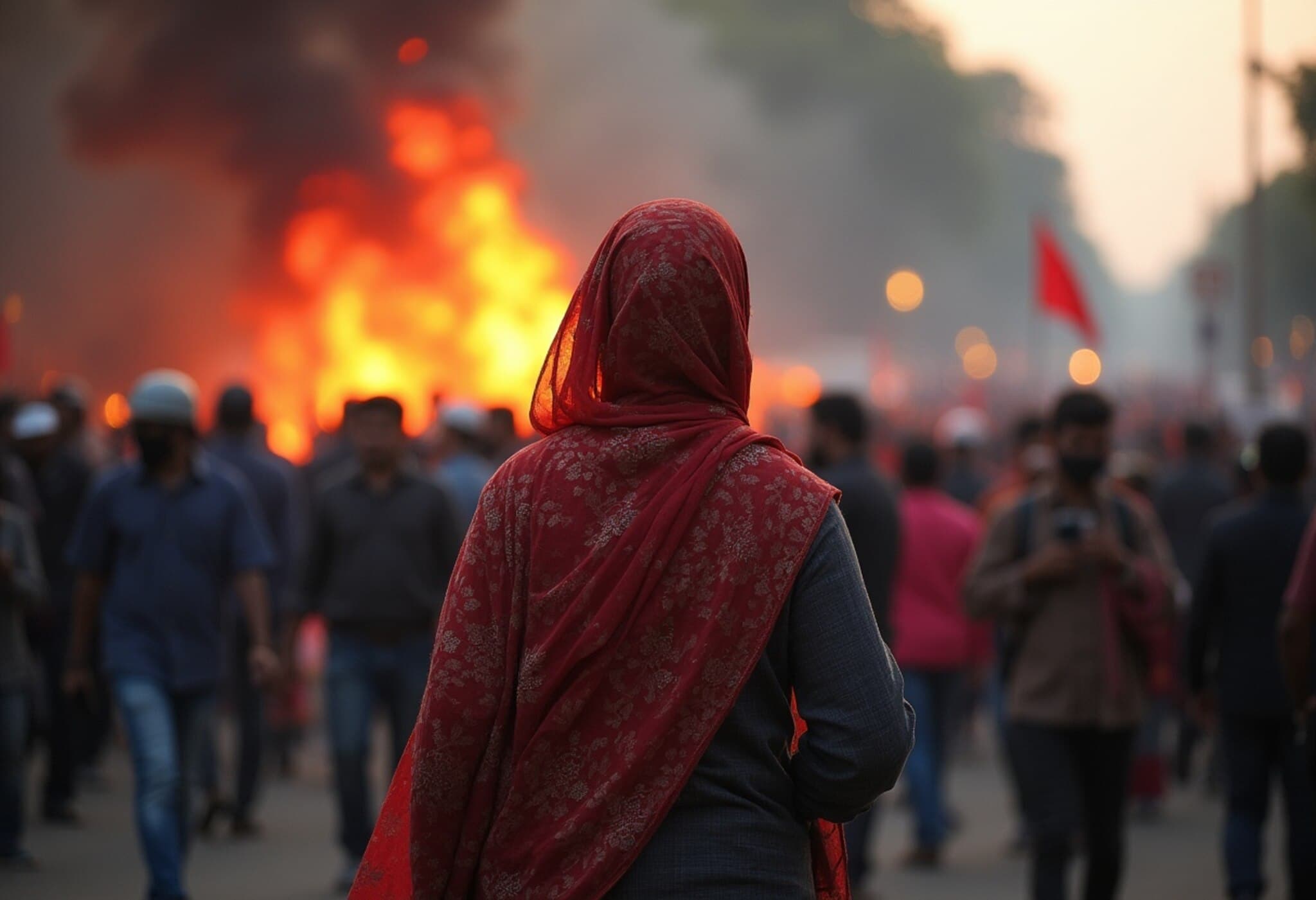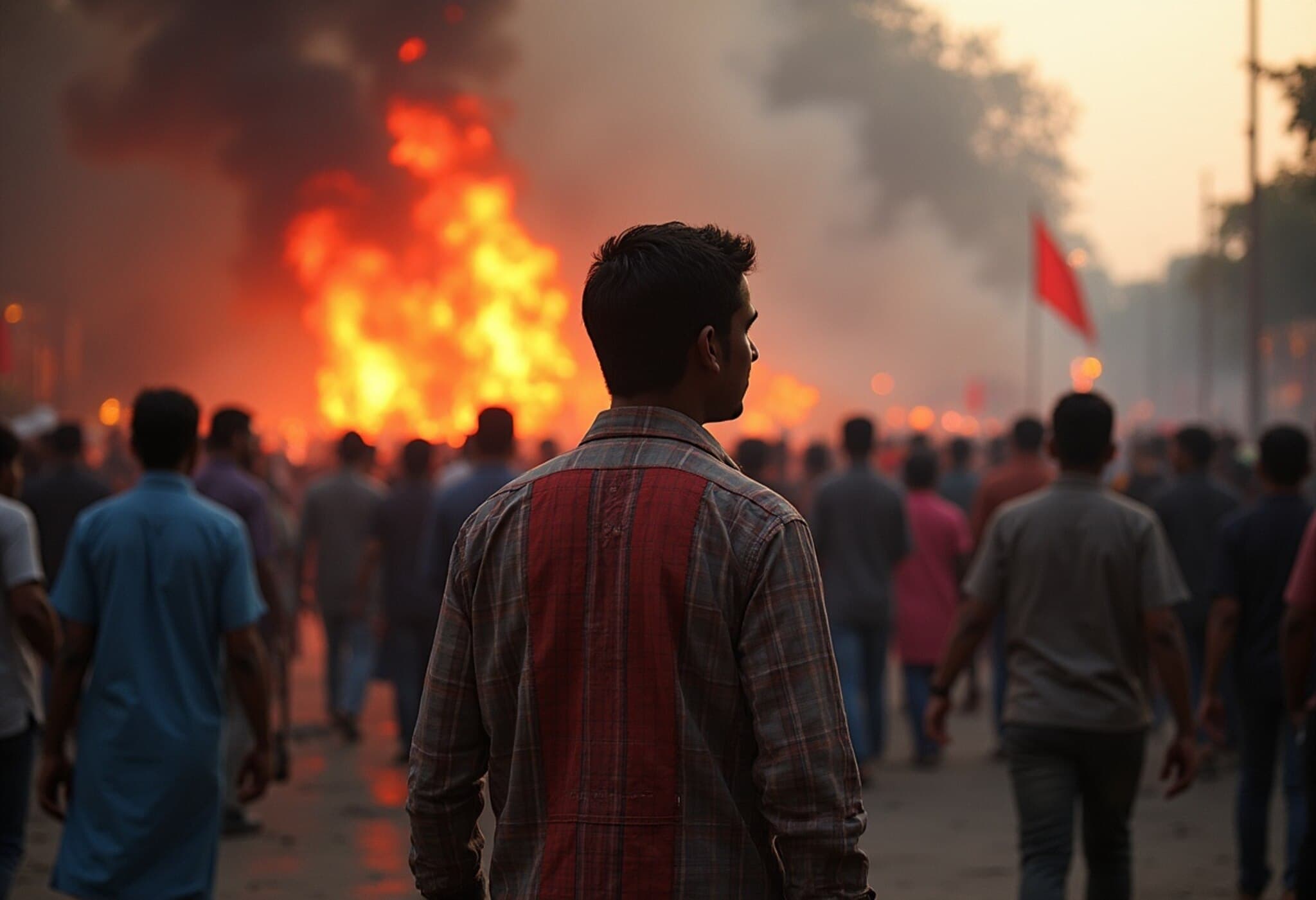Deadly Clashes in Gopalganj Spotlight Bangladesh Army’s Controversial Role
On July 16, 2025, the peaceful town of Gopalganj, renowned as the hometown of former Prime Minister Sheikh Hasina, plunged into chaos following violent clashes during a political rally. Conflicting narratives about the incident have not only thrown the nation into turmoil but also placed the role of the Bangladesh Army under intense scrutiny.
Clash Overview: Divergent Claims on Death Toll and Responsibility
What began as a rally organized by the Nationalist Citizens Party (NCP) escalated into violence by mid-afternoon, with reports of varying casualty figures and contrasting accounts of the events. While mainstream Bangladeshi media report that four individuals were killed, sources from human rights organizations and Awami League workers assert the death toll may be closer to 21.
The government and media claimed the NCP convoy was attacked at 2:30 pm local time. Conversely, opposition perspectives argue that disruptive elements within the NCP initiated the violence, provoking local residents to resist. This dichotomy has further deepened political polarization in Bangladesh.
Awami League’s Perspective: Accusations of Political Violence
An anonymous Awami League insider spoke candidly about police and military brutality during the unrest, attributing the initial violence to NCP militants, whom he described as “professional contract killers” allied with Jamaat-e-Islami, often donning police uniforms to mask their identity. He warned that continued violence could spark a civil war.
The International Crimes Research Foundation (ICRF), a human rights advocacy group, echoed these concerns in a letter to the United Nations Ethics Office. They highlighted that the NCP, an unregistered party, marched with thousands of followers intending to desecrate the graveyard of Bangabandhu Sheikh Mujibur Rahman, Bangladesh’s Father of the Nation—a site of profound national significance.
ICRF also accused the Bangladesh Army of siding with the NCP by deploying troops who allegedly opened fire on unarmed civilians, calling for an independent international investigation and accountability under international human rights laws.
NCP and Government Officials’ Rebuttal
NCP convener Nahid Islam condemned the attack on his party’s rally, claiming that armed activists linked to the Awami League attacked their motorcade after the event concluded. He demanded swift arrests and justice.
Meanwhile, Bangladesh’s Chief Adviser Muhammad Yunus publicly denounced the attacks as “utterly indefensible,” promising that those responsible would be held accountable. Political parties such as the Bangladesh Nationalist Party (BNP) and Jamaat-e-Islami also condemned the violence.
Despite these condemnations, the government maintains a lower casualty figure, which human rights observers have criticized as a gross underestimation, further fueling distrust among the population.
Analyzing the Army’s Role: A Critical Juncture in Bangladesh’s Democratic Landscape
The army’s intervention in what some describe as a politically charged conflict raises pressing questions about the military’s neutrality in Bangladesh’s fragile democracy. Since the army’s historical involvement in politics, its perceived impartiality is vital to sustaining democratic processes and civil order.
Expert analysts note that accusations of using lethal force against civilians risk damaging Bangladesh’s international standing and complicate relations with human rights organizations and global partners.
- What mechanisms ensure military accountability during internal conflicts?
- How might these incidents affect Bangladesh’s political stability?
- Could this incident catalyze broader reforms in civil-military relations?
Looking Ahead: Calls for Transparency and Inclusive Dialogue
The Gopalganj clashes underscore the urgent need for transparent investigations and reconciliatory political dialogue to prevent escalation. Independent domestic and international probes could help establish facts and restore trust.
As Bangladesh navigates these turbulent waters, the coming weeks will be critical in determining whether the country can uphold democratic norms, protect human rights, and rebuild social cohesion.
Editor’s Note:
The violent events in Gopalganj reveal deep fissures in Bangladesh’s political landscape and the precariousness of civil-military relations. While narratives diverge sharply, the fundamental issue remains the urgent need for unbiased investigations and respecting human rights. This case prompts a broader reflection on the role of armed forces in domestic politics and the mechanisms needed to safeguard democracy and peace. Readers are encouraged to consider the wider implications of such conflicts beyond immediate political fault lines.

